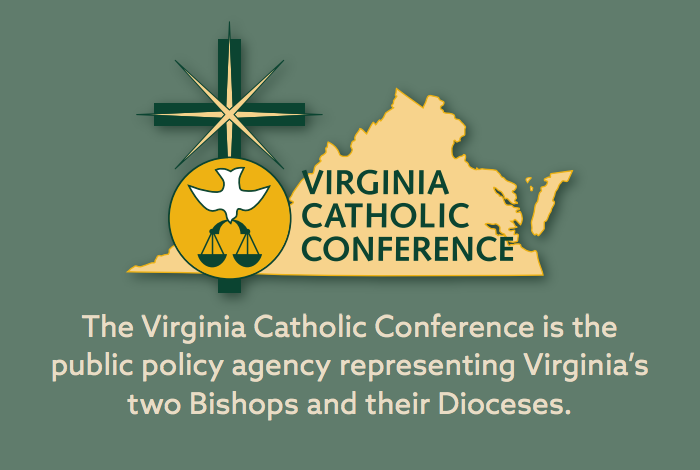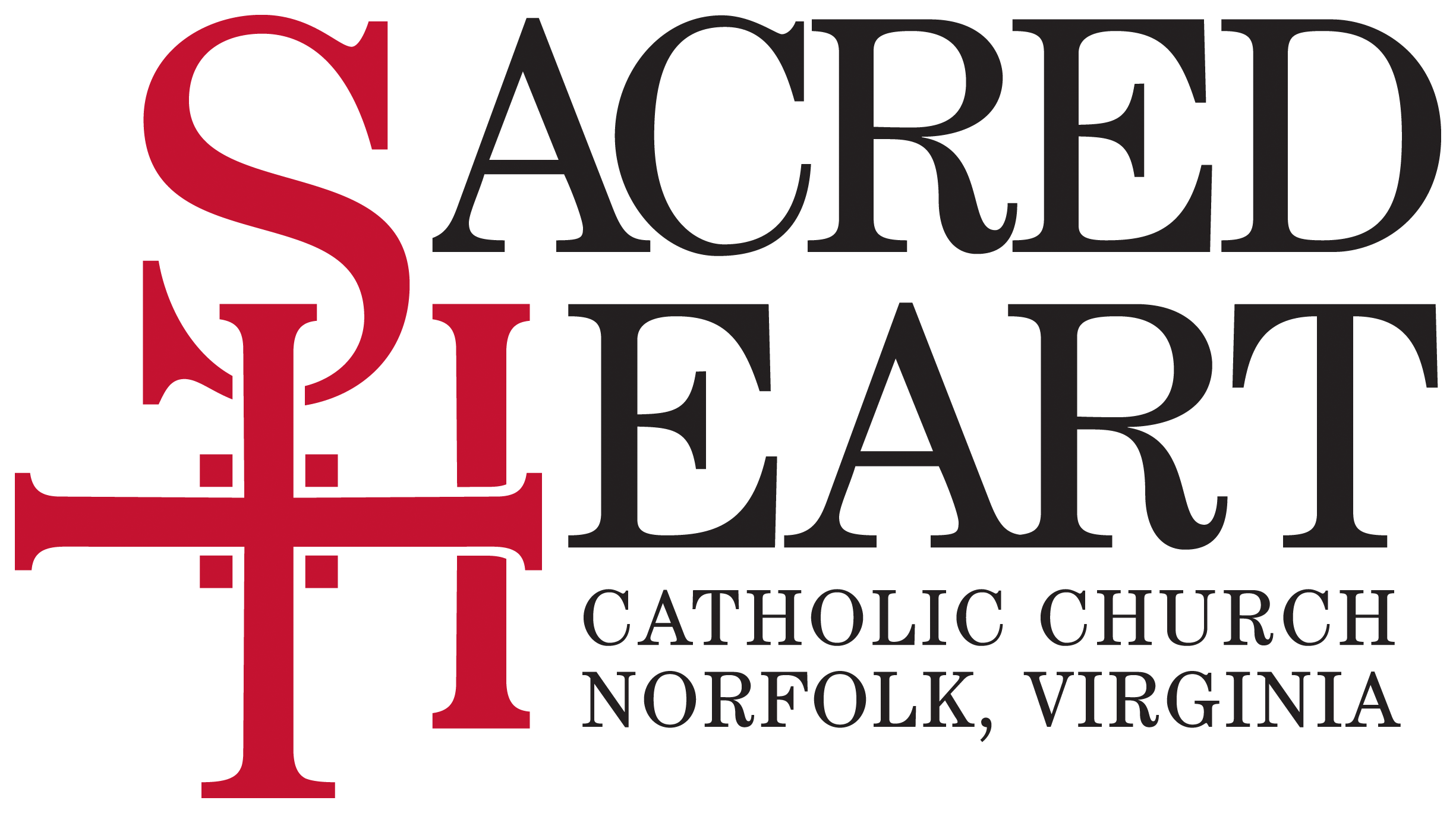
2016 Election Candidates

Four Principles of Catholic Social Teaching*
The central and enduring themes of Catholic social teaching are organized under four principles that provide a moral framework for decisions in public life.
The Dignity of the Human Person
Human life is sacred. The dignity of the human person is the foundation of a moral vision for society. Direct attacks on innocent persons are never morally acceptable. In our society, the gravest example is abortion. Euthanasia, assisted suicide, human cloning, in vitro fertilization and the destruction of embryos for research are others. Protecting the dignity of life also includes overcoming poverty, ending use of the death penalty, and opposing racism, torture, unjust war, human trafficking and all activities that contribute to the “throwaway culture” identified by Pope Francis.
Subsidiarity
The human person is social. The family is the fundamental building block of society, based on marriage between a man and a woman, a sanctuary for creation and nurturing of children. Policies and programs should defend, strengthen and respect this foundational unit and uphold parents’ rights and responsibilities to care for and educate their children. Further, every person and association has a right and duty to actively shape society and promote the well-being of all, especially the poor and vulnerable. Subsidiarity means that society’s larger institutions should not overwhelm or interfere with smaller or local ones. These larger institutions are obliged, however, to protect human dignity and meet human needs when smaller institutions cannot adequately do so.
The Common Good
The common good is achieved when social conditions allow people to reach their fulfillment more fully and easily. It upholds the fundamental right to life, which makes all other rights possible. It asserts the right to food, shelter, education, employment, health care, housing, freedom of religion and conscience, and family life. It requires an economy that serves people, not the other way around. It calls on employers to uphold the dignity and rights of workers by offering productive work, decent and just wages, adequate security in their old age, the choice of whether to organize and join unions and the opportunity for legal status for immigrant workers. Workers should contribute a fair day’s work for a fair day’s pay, treat employers and co-workers with respect and contribute to the common good. This principle requires we protect and care for all of God’s creation, especially the most vulnerable among us, and the earth, our common home.
Solidarity
We are one human family, despite our national, racial, ethnic, economic and ideological differences, called to love our neighbor as ourselves. We must work to eradicate poverty, disease and racism; and welcome immigrants, refugees and asylum seekers who are seeking employment, safety, education and a better life for their families. Solidarity requires preferential concern for the poor. A basic moral test of any society is how it treats those who are most vulnerable. This preferential option for the poor and vulnerable includes all who are marginalized – unborn children, persons with disabilities, the elderly and terminally ill, victims of injustice and oppression and immigrants.
*Adapted from Forming Consciences for Faithful Citizenship, Nos. 44-56, U.S. Conference of Catholic Bishops, 2015.
What to Ask Your Candidates for Congress
On Tuesday, November 8, Virginia voters will have the opportunity to select who will represent them in the U.S. House of Representatives. Below are questions on currently debated issues of particular interest to many Catholics. Before you vote, the Virginia Catholic Conference encourages you to email the congressional candidates on your ballot and ask them the following questions. The candidates’ names and contact information can be found here.
- Do you support making permanent the longstanding federal Hyde Amendment, which prohibits taxpayer funding of abortion on demand?
- Do you support the Conscience Protection Act, which would protect the rights of individuals and organizations who do not wish to participate in abortions?
- Do you support the First Amendment Defense Act that would protect individuals and organizations who believe that marriage is between a man and a woman from government coercion, discrimination or retaliation?
- Do you support immigration reform, including expedited family reunification and a path to earned citizenship for undocumented immigrants?
- In response to the Syrian refugee crisis and the surge of unaccompanied minors seeking safety in the U.S., do you support maintaining the longstanding American tradition of welcoming those facing persecution and violence?
- In the past year, the House Judiciary Committee passed three criminal justice reform bills aimed at rehabilitation and restorative justice. They would reduce harsh sentences, offer incentives for prison rehabilitation, ban shackling of pregnant women in federal custody and expand opportunities for Americans returning home after incarceration.
- Do you support criminal justice reforms such as these? Do you support an increase in the minimum wage to help hourly employees support their families?
- Do you support reducing carbon emissions while at the same time protecting the poor and vulnerable from economic hardship?
Learn more at www.vacatholic.org


